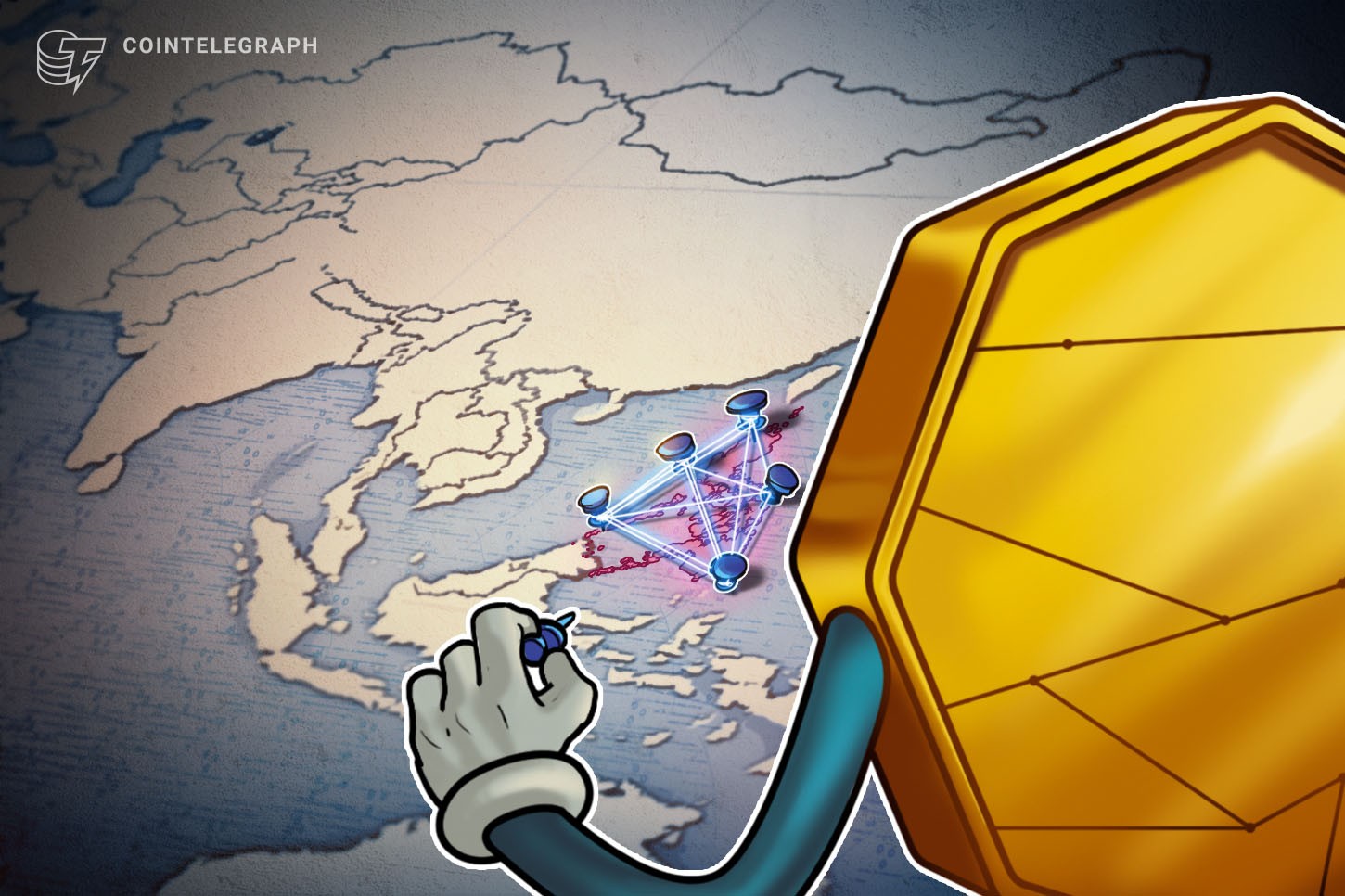The Philippines has become the latest country to look at the possibility of releasing its own central bank digital currency, or CBDC.
According to a report by Bloomberg, July 29, the Philippine central bank, or Bangko Sentral ng Pilipinas, or BSP as it is known locally, has formed a committee to consider the implication of such a move.
In a virtual briefing, Governor Benjamin Diokno explained that the group was initially just looking at the feasibility and potential policy implications of issuing a digital currency.
“We have to first look at the findings of the group before making a decision.”
The first results of the committee’s investigation are expected in August. Diokno himself believes that digitally issued currencies do not currently pose a threat to demand for fiat money.
Philippines authorities get blockchain savvy
Diokno also reiterated the view of many central banks and governments, which is that blockchain technology is as important as the cryptocurrencies it supports.
“Cryptocurrency for us has always been beyond the asset itself but more on the blockchain technology that underpins it.”
As Cointelegraph reported, the Philippine treasury recently launched a blockchain-based application for distributing government-issued bonds.
The local Securities and Exchange Commission meanwhile, has been warning the public against potential scams in the crypto sector.


